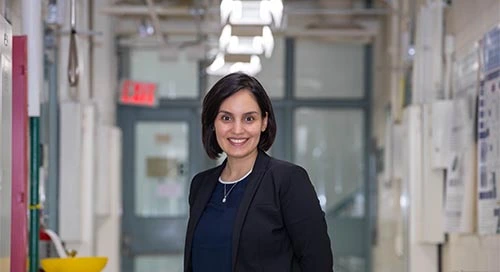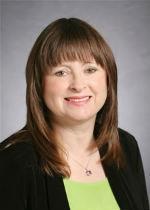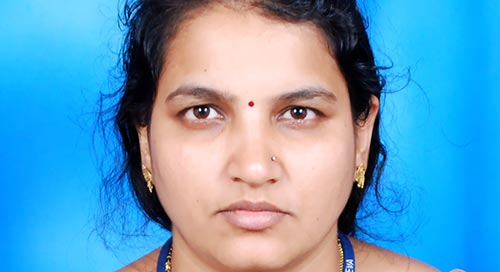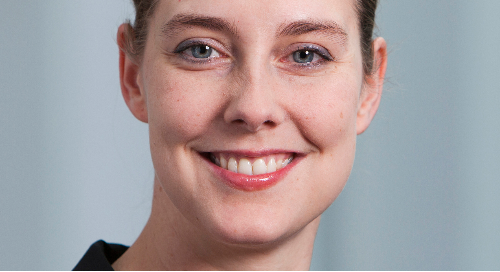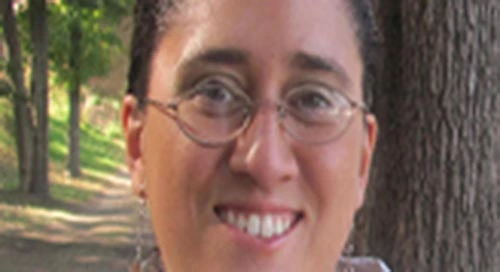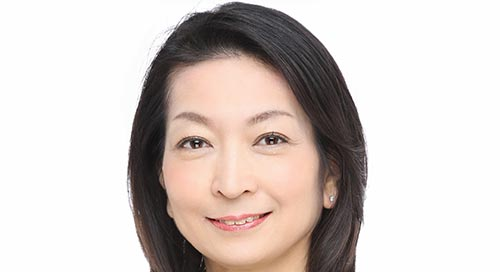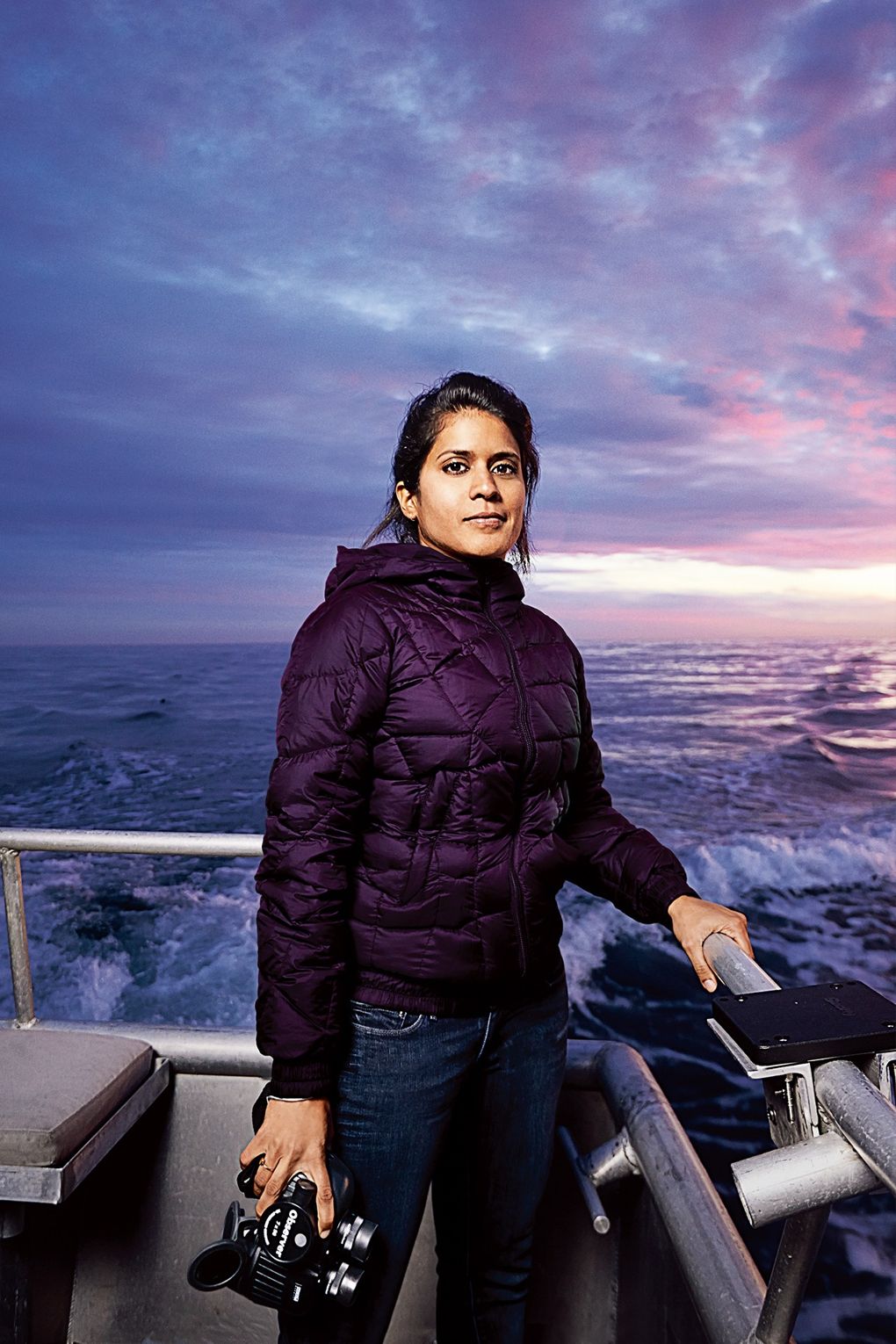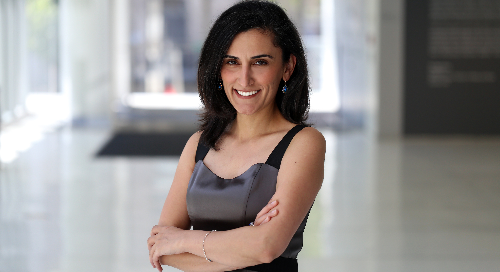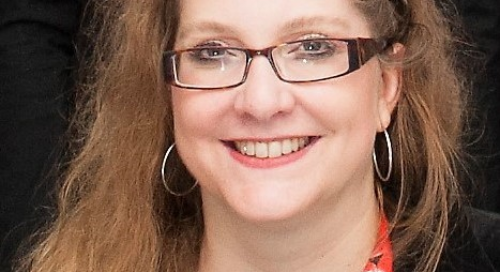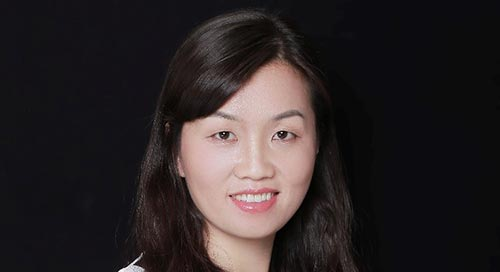meet-the-winner-of-the-2018-wiley-and-british-academy-prize-in-psychology
September 17, 2018
On September 25th, Dr Sarah Lloyd-Fox will receive the Wiley and British Academy 2018 prize in Psychology - awarded for her outstanding empirical and methodological contributions to the study of infants.
We were delighted to be able to catch up with Sarah and find out why she loves being a researcher, what advice she would give to those starting in their careers and why she is proud to win this prize.
Q. What does winning the Wiley/British Academy prize in Psychology mean to you?
A. I was immensely proud to have been nominated for this prize, and to win means so much to me - both as a researcher and as a mother of two young boys who will, hopefully, eventually come to understand a little bit more about what I do! I am also really happy to have received this award given how much of my career has balanced theoretically-motivated research with methodological innovation in psychology.
Q. What advice would you give to your 20 year-old self?
A. I meet a lot of early career researchers and students who are incredibly anxious (as I was in their position) about their futures; in particular feeling like they had to have a cast-iron idea of their career intentions. I’d advise them - and my 20 year old self - to stop comparing yourself to everyone else and be happy with who you are in the present, be prepared to occasionally step into the unknown and grab opportunities for new experiences when they come; and don’t be scared to admit if your decisions are wrong and you need to revise your path ahead.
Q. What made you choose to become a researcher?
A. While I loved my undergraduate dissertation working with families and researchers at the University of Reading, I didn’t know that this was what I wanted to do when I left university. I applied for dozens of jobs across a range of occupations before my mother encouraged me to apply for a job that she saw in a newspaper. Once I began working as a research assistant at Birkbeck I quickly grew to love the way research constantly evolves and to have the opportunity to learn new things alongside people so passionate about their work.
Q. How would you describe your research to your neighbor, to make them understand how it impacts their life?
A. It depends which neighbor I talk to! One has a son with autism and understands why finding early markers of autism is so important for guiding family support and improving community knowledge. For the many expectant parents in my village, my favorite thing to tell them is that we now understand that from their first breath of life their babies will recognize their mothers and fathers voice, and will be learning new things every day from the interactions they have with their parents.
Q. If you could change one thing, to improve your life as a researcher, what would it be?
A. To escape the tyranny of bulging inboxes and free up more time to have face to face meetings which are invaluable for sharing ideas and stimulating new research.
Q. What are the things you hope your research will fix?
A. I hope by optimizing research tools to reach socially disadvantaged communities, I can better understand the impact of risk on brain development - to tailor new interventions, and to effect policy change in education, health and foreign aid.
Q. If you hadn’t become a researcher, what would you have become instead?
A. A farmer…. with an art studio!
Q. What is the most interesting thing you've read this week?
A. Robert McFarlane’s Landmarks.
Image Credit: Sarah Lloyd-Fox


